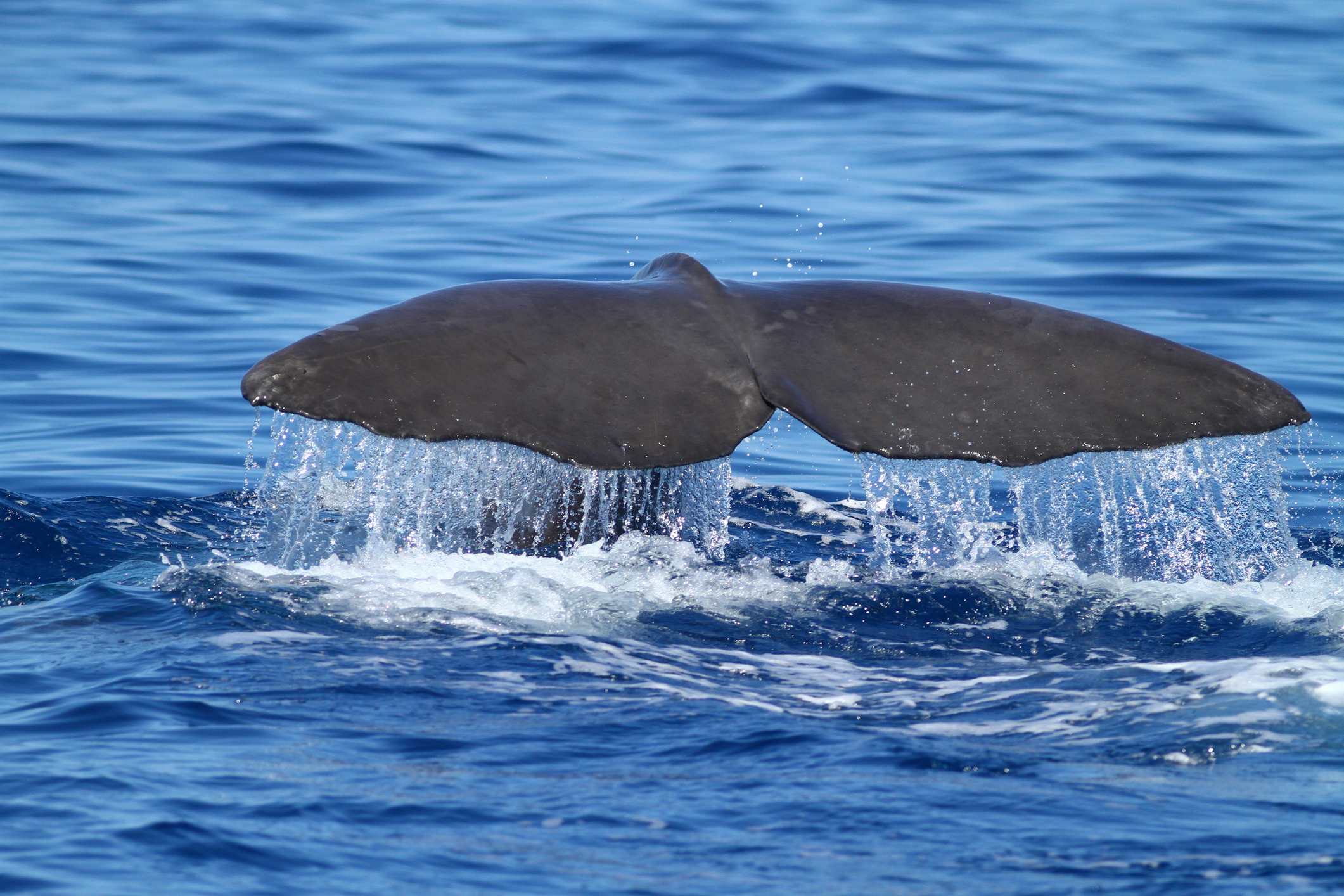ATLANTIC CITY, NJ – There’s bad news for whales and those who are trying to protect the New Jersey shoreline from massive offshore wind energy farms. A federal agency has announced the increase in whale deaths is not linked to what is going on off the coast of New Jersey.
The National Oceanic and Atmospheric Administration (NOAA) concluded that New Jersey’s Atlantic Shores offshore wind project poses a low risk to marine mammals, including whales. In a biological opinion released Monday, NOAA stated the project, planned for the state’s southern coast, is unlikely to jeopardize endangered species or critically designated habitats.
The report said that while whales would be adversely affected by the wind farms, those farms and the work to build those farms have not contributed to the deaths of whales across the Jersey Shore and Long Island over the past twelve months.
The assessment, focusing on the construction, operation, and eventual dismantling phases of the project, found minimal impact on whales, sea turtles, and fish. NOAA clarified that while there might be some adverse effects on marine life, these are not expected to be severe or lead to fatalities.
Atlantic Shores, the sole remaining offshore wind project in New Jersey with preliminary approval, represents a significant step in the state’s renewable energy initiatives. The project’s development aligns with broader environmental goals, balancing energy needs with wildlife protection. NOAA’s findings provide a crucial green light for the project’s progress, addressing concerns about its ecological impact.
Local governments from Cape May to Sandy Hook have protested the governor’s plan to build thousands of wind turbines as close as 8 miles from the shoreline.

